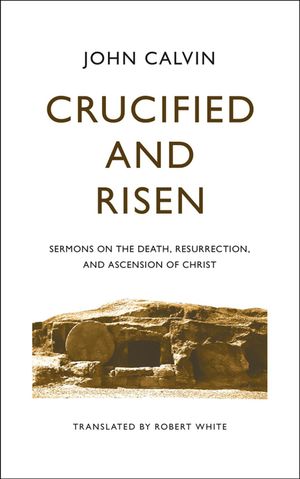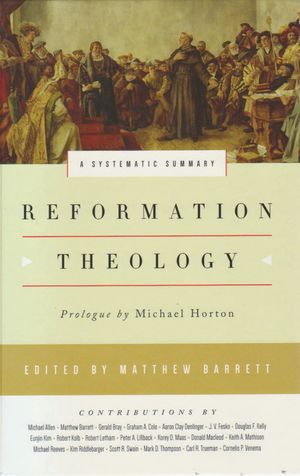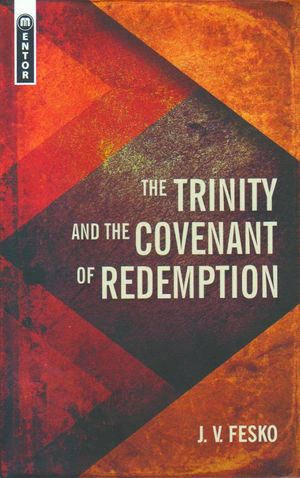
Some specialists say that modern France is a difficult country in which to be a Christian today, or to work in as a missionary. They have a point. Christian values have been progressively undermined in France for 200 years. The country Rome once called the ‘elder daughter of the Catholic Church’ is under assault from all sides by antichristian forces.
Today, most people in France just couldn’t care less about any form of religion. Yet religious sects take root in the seed-bed of modern uncertainty. Cultic groups grow apace and demand a hearing.
Recently four tons of documents relating to a criminal case concerning scientology went missing, and a government enquiry was called for. The leader of the group in question was later sentenced to imprisonment, not for religious reasons, but for obstruction of justice and fraud.

At the same time, alternative egalitarian lifestyles whittle away the moral values and beliefs that Christians have always upheld. At the end of this century the heat is on, particularly because of new laws being passed which will change the accepted view of marriage and family as the basic social structure.
The gay lobby
The rainbow-coloured poster in my street proclaims, ‘Marseilles celebrates its 2000th birthday. Lesbian and Gay Pride celebrates its 30th birthday … Lesbians, homos and heteros all have the right to equal respect’!
In all the major cities in France last summer, marches and demonstrations were held in favour of homosexual rights, and in support of new parliamentary legislation to legalise cohabitation of homosexual couples with the same social benefits and recognition as marriage.
Liberal Protestants and churches follow the trend. Backed by the Reformed Church of France in Mulhouse, a student at the Protestant seminary in Montpellier set up an Internet site promoting the homosexual lobby. Several pastors and prominent laymen in the Reformed church have signified their support.

Discrimination?
What got me thinking about the kind of liberty allowed in our society was this. Last June, a planned campaign in Nice by the South American evangelist Luis Palau was cancelled at the request of the local authorities. They appealed to a vague law forbidding public meetings which might cause ‘disturbances’.
Evidently, all kinds of deviance are tolerated and even supported by public funding, aided and abetted by liberal Protestants. But evangelism can come under the same kind of scrutiny as scientology! Evangelicals are obviously going to have to be very careful about what they do.
The activities of Evangelical churches throughout France are being scrutinised by anti-sectarian associations. A charismatic group, quite above board, in the east of France was cited in a parliamentary report as being a sect, which they vigorously denied, with the aid of other Protestant churches.
Last March, the pastor of an Evangelical church in south-west France had his house and church searched by the police, and he and other church officers were interrogated for five hours at the local police station about their activities.
Alain Vivien is a Member of Parliament responsible for a report on the activity of sects and president of an inter-ministerial committee on the subject. He speaks with great moderation about the need for ‘vigilance’ regarding the activity of sectarian movements.
But the fact remains that minority religious groups, whatever their ‘colour’, are vulnerable. New directives have been issued concerning the application of the laws on religious associations. All such associations have to be declared by law, and many churches and para-church organisations are feeling the heat.
The margins of liberty are becoming narrower. A witch-hunt mentality against religious groups is to be feared, even though in many places Catholic priests, pastors and leaders of religious movements have excellent relations with the authorities.
The good, the bad and the ugly
Why are homosexuals accepted when religious groups not? Why are homosexual groups and their centres often supported by public funds, when Evangelical churches sometimes cannot get a room in which to meet?
Homosexuality is becoming ‘good’, or at least socially acceptable, in our Western democracies. Religion is put in the ‘bad’ category, as it is thought to make people disruptive and intolerant. Cults are considered, frankly, ‘ugly’. That explains why groups like Jehovah’s Witnesses, Mormons or scientologists aspire to religious status and recognition as churches.
Social tolerance
But, surely, homosexuality is more disruptive than religious convictions and practice, at least on the level of social structures. How are we to interpret the broad base of social tolerance it has gained? Is it just the result of effective lobbying by pressure groups?
After all, an interesting argument can be made that homosexuality is a form of sectarian behaviour. Do not homosexuals have their own language, cultural references, meeting places, literature etc? Are they not as zealous to get people to ‘come out’, as the Jehovah’s Witnesses are to get people into Kingdom Hall?
They think alike, dress alike and use psychological pressure against people who disagree with them. Like religious sects, they bend over backwards to appear normal in terms of behaviour. They use influence in the media and aim at respectability.
We should respect individuals who are homosexual, or have sectarian religious views, simply because they are made in the image of God. But Christian love does not mean that we should be duped by the ideologies that enslave them. Those ideologies need to be analysed and exposed as self-destructive fallacies.
Subversion
My idea is that current cultural attitudes are related to what is (and what is not) considered acceptable in society, and what is thought to be subversive.
In a recent book with the curious title There’s no such thing as free speech (and it’s a good thing too), Stanley Fish points out that ‘liberalism is tolerant only within the space demarcated by the operations of reason; anyone who stamps outside that space will not be tolerated, will not be regarded as a fully enfranchised participant in the market-place of ideas over which reason presides’.
The fact is that homosexuality is not subversive for Western culture and society in the way religion can be. The gay movement has all the liberal reasons on their side. Their option is a free choice; it is made in the light of personal preference; people, they say, cannot escape the conditioning of their background or their biological inclinations; respect of the individual is sacred; we must all be free to seek personal self-development; and, above all, sexual choice is as much to be respected and accepted as the colour of our skin.
If you don’t accept these arguments you are guilty of intolerance and homophobia (a form of mental illness). In today’s France, to oppose homosexual rights is viewed as sexual racism. This mentality is typical of the post-1968 generation, with its motto, ‘It is prohibited to prohibit’.
Values and tolerance
The culture of a society is moulded by its values. Values are what people believe in and culture simply externalises what people value in their hearts.
What is subversive in a given culture is whatever challenges its basic values and the religious attitudes that underpin them. For instance, in Israel, taking God’s name in vain was a serious offence, but in Rome to say ‘Jesus is Lord’ meant the lions. Why? Because in both cases the actions in question undermined the religious presuppositions on which those respective societies were based.
Homosexuality is in no way subversive of modern liberal culture. Rather, it exemplifies, and takes to their logical conclusion, the values held dear by post-enlightenment humanism. Above all, it proclaims the right of the individual to make unrestricted choices.
Religious cults are not tolerable because they posit some form of ultimate truth. Evangelical Christianity falls in the same category, affirming that there is ultimate objective truth revealed by God. Jesus, not reason, is Lord. People will be held accountable to God whether they like it or not.
To modern man, these are not ‘good’ beliefs. To hold them is intolerable to relativistic humanism, because they strike at the heart of its belief-system.
The biter bit
Stanley Fish explodes the religious myth of modernism, namely, that it is based on the freedom of reason. ‘What if reason or rationality rest on belief … Then it would be the case that the opposition between reason and belief was a false one, and that every situation of contest should be re-characterised as a quarrel between two sets of belief with no possibility of recourse to a mode of deliberation that was not itself an extension of belief. This in my view is the fact of the matter…’
Christians today have convictions, but many hide them. That is not acceptable. We must have courage with our convictions. This means finding ways of saying, in the most pointed way possible, ‘Man is not Lord. Jesus alone is Lord’.
Such boldness will not just subvert the modern culture of death; it will also subvert the strongholds of Satan, the real ‘subverter’ of all that is good, beautiful and true. If Christians declare their faithfulness to the Bible and to historic Christianity, we will be in for some real cultural wars, both in the church and out of it.






















